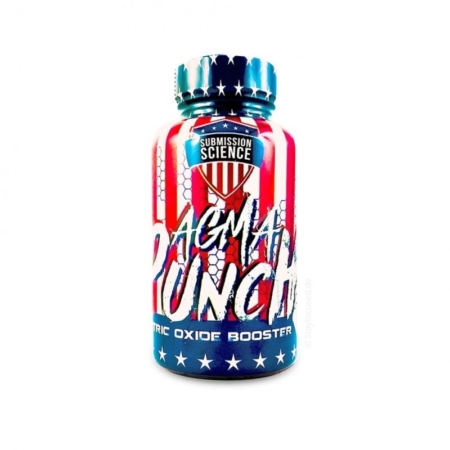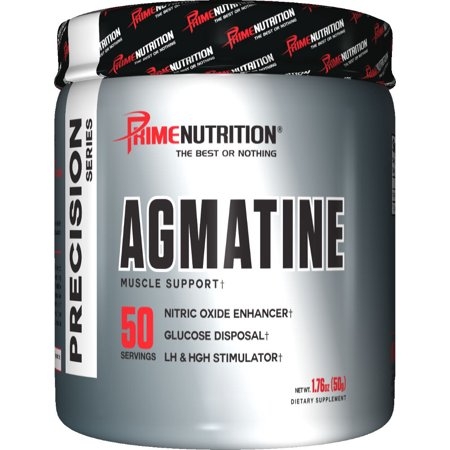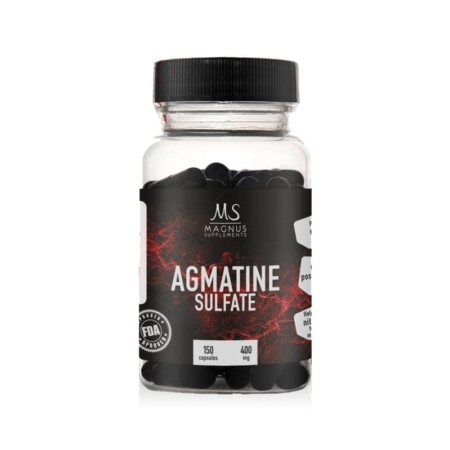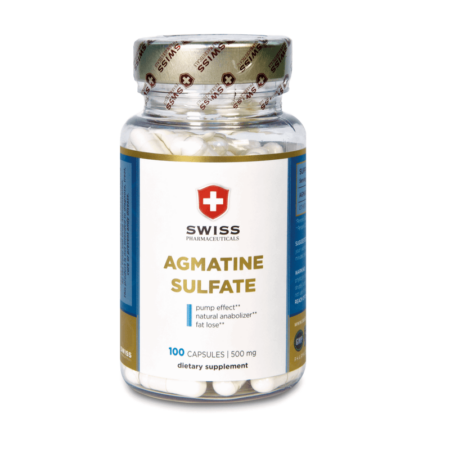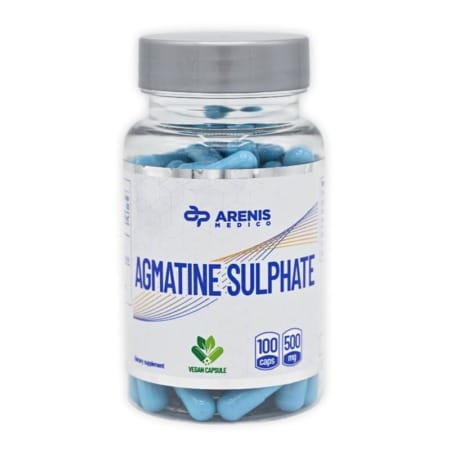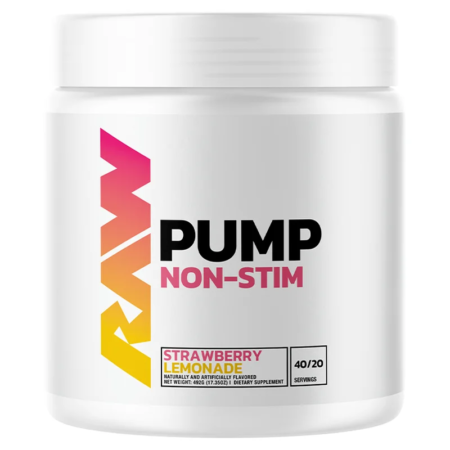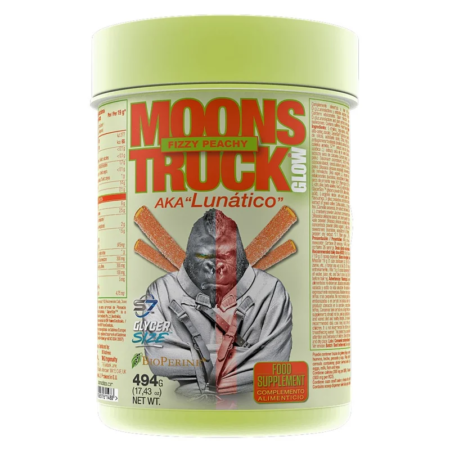Agmatine
Agmatine, a naturally occurring derivative of the amino acid arginine, has gained popularity as a nitric oxide booster and a remedy for neuropathic pain. Agmatine is found in various foods and is produced by the human body. It plays a crucial role in various biological processes. It is widely known for its potential benefits for muscle building and workout recovery, making it a valuable addition to many health and fitness enthusiasts’ programmes.
For those looking for natural supplements to improve their health and fitness regime, Agmatine is an effective pre-workout supplement and heart health aid. Whether you’re an athlete or simply looking to maintain your health, it can be beneficial to know the benefits and uses of Agmatine. This guide is designed to give you a comprehensive overview of Agmatine and help you make informed decisions about including Agmatine in your health programme.
WHAT IS AGMATINE?
Agmatine is widely recognised for its role in metabolic processes, but what exactly is it? This compound is a biogenic amine derived from the decarboxylation of arginine, an essential amino acid. It is involved in a variety of bodily functions, including the modulation of nitric oxide, an important cellular signalling molecule that improves blood flow and nutrient delivery.
Why is this important for you? Whether you’re a fitness enthusiast or someone struggling with chronic pain, Agmatine’s effect on the body’s systems makes it a remarkable supplement. It supports the relief of neuropathic pain and promotes muscle growth and recovery, promoting overall physical health and improving performance in and out of the gym.
Agmatine sulphate and muscle growth
When it comes to increasing muscle mass and strength, agmatine sulphate is often favoured by bodybuilders and athletes. How does it help? By stimulating the production of luteinising hormone, it naturally promotes muscle growth and optimises the body’s ability to recover from intense workouts. The presence of agmatine in the body helps to increase nitric oxide levels, which improves blood flow and oxygen supply to the muscles, which is important during both resistance and endurance training.
- Supports the increase in muscle mass and improved muscle recovery.
- Improves performance and endurance.
- Increases overall energy levels during strenuous workouts.
- Promotes better intra-muscular communication by modulating neurotransmitter activity.
- Improves insulin response, contributing to more effective muscle growth.
- Supports healthy hormone levels, which are important for muscle growth.
- Improves fat metabolism and thus contributes to the maintenance of lean muscles.
- Increases blood flow to the muscles, which improves the supply of nutrients and the removal of waste products.
- Reduces fatigue, enabling longer and more effective training.
Benefits of agmatine
In addition to its muscle-building properties, agmatine is valued for its numerous health benefits. Here are some of the most important benefits:
- Improves mental clarity and offers potential cognitive enhancements.
- Agmatine relieves neuropathic pain and provides comfort for chronic conditions.
- Supports vascular health and optimises nitric oxide production.
- Reduces anxiety and promotes emotional well-being and stress management.
- Supports kidney function and hormonal balance, promoting overall health.
- Provides cardiovascular benefits by maintaining healthy blood pressure.
- Improves male reproductive health by supporting healthy hormone levels.
- Helps manage symptoms of depression and improves mood stability.
AGMATINE AND THE MODULATION OF NITRIC OXIDE PRODUCTION
Agmatine is known to modulate the production of nitric oxide, an important component for cell communication and vascular health. How does agmatine increase the production of nitric oxide? By inhibiting enzymes that break down arginine, the precursor to nitric oxide, thus improving blood flow and nutrient delivery to the muscles.
What does this mean for you? Increased nitric oxide levels can lead to improved endurance, strength and muscle recovery, making Agmatine a popular choice among athletes and people seeking optimal cardiovascular health. This modulation also supports better circulation and nutrient delivery, which are important for overall wellness and effective bodily function.
Which ingredients are contained in Agmatine?
Agmatine preparations usually contain agmatine sulphate as the main active ingredient. This form is favoured for its stability and absorption. Often these supplements are combined with other synergistic ingredients such as creatine or beta-alanine to increase the effectiveness of the product, especially in the context of athletic performance and muscle building.
Recommended dosage of Agmatine
The exact dosage of Agmatine can vary depending on personal health, desired results and current fitness level. Generally, dosages range between 500 mg and 2500 mg per day. It is advisable to start with a lower dose and adjust it according to the body’s response and desired goals. Consistent monitoring and adjustment can optimise the benefits while minimising potential risks.
- 500 mg per day for general health and well-being.
- 1000 mg per day for improved muscle development and recovery during exercise.
- 1500-2500 mg per day for significant neuropathic pain relief and cognitive benefits.
MECHANISMS OF ACTION
Understanding agmatine’s mechanisms of action will help you better understand its potential effects on your health. First and foremost, agmatine acts as a neurotransmitter and neuromodulator, influencing multiple neurotransmitter systems. It regulates cellular responses to stress and inflammation, which are critical for maintaining overall health and recovering from exercise.
Agmatine also inhibits the synthesis of nitric oxide synthase, the enzyme responsible for the breakdown of arginine to nitric oxide. This action not only increases nitric oxide levels, but also plays an important role in promoting vascular health, providing a dual benefit that supports both performance and long-term health.


